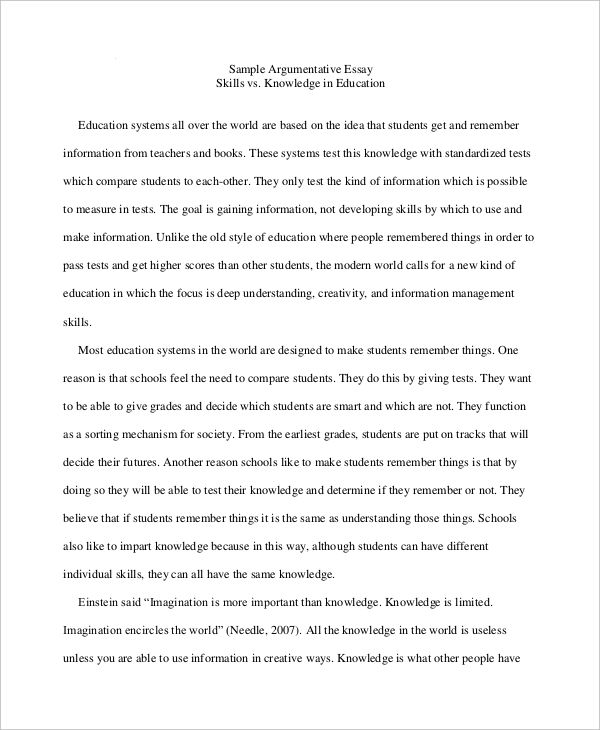How to Write a Perfect Essay in High School
How to Write a Perfect Essay in High School is a crucial skill for high school students aiming for academic success. Imagine effortlessly crafting essays that not only meet the requirements but also grab the reader’s attention and leave a lasting impact. Essay writing is a cornerstone of academic success, allowing students to articulate ideas, analyze information, and express their understanding of complex concepts. This crucial skill often causes significant stress for many students, but mastering the process can be empowering and enjoyable. This guide aims to demystify the process by providing actionable steps and insights to ensure you achieve a high-quality essay every time. This comprehensive guide will provide a framework for planning, writing, and refining your essays. It will be structured in sections discussing the essential components from introduction to conclusion, including examples, and helpful tips.
Understanding the Essay Structure
Introduction
A strong introduction is the key to grabbing the reader’s attention and setting the stage for your argument. Start with a captivating hook—an intriguing question, a surprising statistic, or a compelling anecdote—to pique the reader’s curiosity. This hook should seamlessly lead into a clear statement of your thesis, which is the central argument of your essay. A well-defined thesis statement ensures that all subsequent body paragraphs contribute to a coherent and persuasive argument. The introduction should also provide some context or background information to establish the significance of your topic. Example: For an essay about the impact of social media, you might start by highlighting recent statistics about social media usage and its growing influence on teenagers. Include the key points or arguments you will be addressing to give the reader an overview of what’s to come. This crucial element sets the tone for the entire essay.
Body Paragraphs
Body paragraphs are the backbone of your essay; they contain the evidence and reasoning that support your thesis. Each paragraph should focus on a single supporting argument. Begin each paragraph with a topic sentence that clearly states the main point you’re trying to make in that paragraph. Use specific examples, evidence, and logical reasoning to develop and explain your topic sentences. Incorporate research from reputable sources and citations wherever necessary. A powerful example for an argument about environmental protection could be explaining the scientific data concerning greenhouse gases and their link to rising global temperatures. Explain the reasoning and provide evidence to show your understanding of the subject matter. Transition smoothly from one paragraph to the next to maintain the flow and cohesion of your arguments. This ensures that the reader can understand the connection between your arguments and the overall thesis statement.
Crafting a Compelling Argument
Supporting Evidence
A persuasive essay relies heavily on solid supporting evidence. This evidence can include specific examples, anecdotes, research findings, statistics, and expert opinions. Ensure the evidence you use is relevant to your argument and effectively supports your claims. The key is to show, not merely tell—provide concrete examples that demonstrate your points rather than simply stating them. For instance, in a persuasive essay about the benefits of exercise, provide statistical data on improved cardiovascular health or cite studies that show the positive impact of regular physical activity on stress levels. It’s crucial to accurately cite your sources to avoid plagiarism. You can use footnotes or endnotes to properly attribute your sources.
Mastering the Conclusion
Restating the Thesis
The conclusion is your final chance to leave a lasting impression on the reader. Start by restating your thesis in a new and insightful way, reflecting on how your arguments have strengthened it. Summarize your main points in a concise and memorable manner. Avoid introducing new information in the conclusion; instead, use this section to synthesize your main arguments and reiterate the impact of your thesis statement. Highlight the significance of your topic and leave the reader with a thought-provoking statement. You can restate the central argument in a new and original way to emphasize its importance and relevance. For example, you could end by re-emphasizing the importance of a healthy lifestyle and how it can positively affect mental and physical well-being.
Refining Your Writing Style
Clarity and Conciseness
Maintaining a clear and concise writing style is paramount for academic success. Use precise language and avoid vague or ambiguous terms. Keep your sentences focused, and avoid overly complex or convoluted phrasing. Write in a tone that is appropriate for the academic context. A clear and concise writing style makes your ideas accessible and helps ensure a positive impact on the reader. Choose your words carefully to convey your message effectively.
Avoiding Common Errors
Proofreading and Editing
Proofreading and editing are crucial steps in the writing process. Carefully review your essay for grammar errors, punctuation mistakes, and typos. Use grammar and spell-checking tools, but don’t solely rely on them—always proofread manually to catch errors that software might miss. Seek feedback from peers, teachers, or tutors. Thorough proofreading and editing can significantly enhance the overall quality and impact of your essay. This meticulous process ensures a high level of professionalism in your work.
In conclusion, mastering the art of essay writing in high school is a journey that requires dedication and practice. By understanding the core components of an effective essay, including a compelling introduction, well-structured body paragraphs, and a conclusive summary, students can confidently tackle any essay assignment. Remember to tailor your approach based on the specific instructions and evaluation criteria given by your teachers. Utilize the strategies outlined in this guide to craft high-quality essays, boost your grades, and develop essential critical thinking skills. Keep practicing and seeking feedback, and your essays will only get better! Start practicing today and see the improvement for yourself!
Share this content:




Post Comment